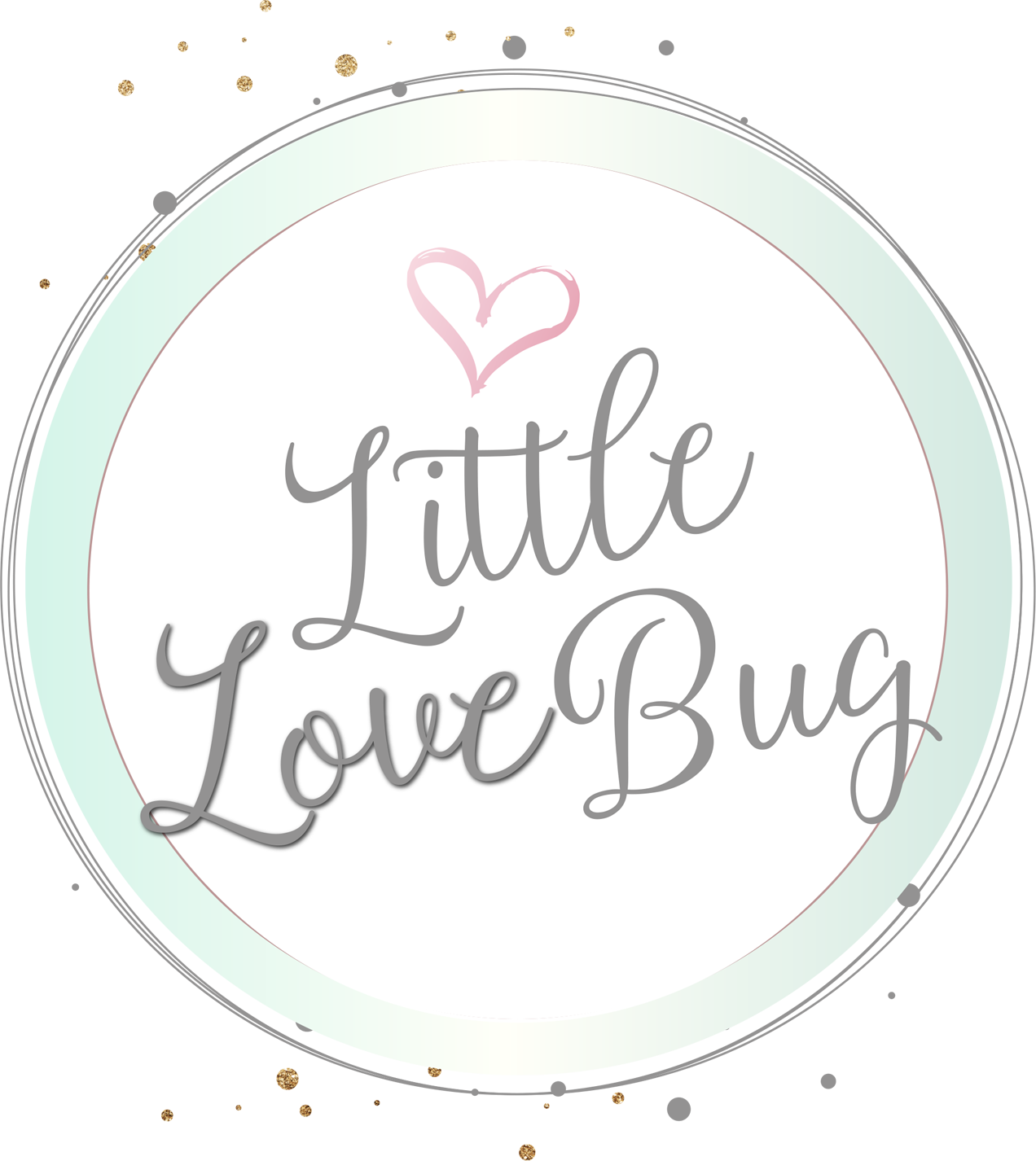
You can’t punish an emotion.
At the park one day, I watched a mom get angry at her children. Her toddler handed her a cheese stick and said, “Eat.” Mom unwrapped it. All hell broke loose once she handed it back to him. Her tween was taking selfies and rolled her eyes when the mom demanded, “Get over here and help me.”
Exasperated, the mom exclaimed, “You are both so disrespectful!” She threw her hands up in surrender, proceeded to growl that they were leaving, and began carrying a kicking and wailing toddler to the car while yelling at her sulking tween to catch up. I wouldn’t want to be a fly on the wall in that minivan during the ride home! I don’t expect it was a joyful trip home for any of them.
Respect has many definitions, but let’s focus it to mean paying attention to someone else’s opinion and acknowledging its existence. You can still respect someone’s opinion by merely acknowledging it and agreeing to disagree.
But what about the flipside? Disrespect.
Interestingly, the word disrespect packs a huge emotional punch. It’s not merely agreeing to disagree, but actually lacking courtesy. It has a visceral reaction for many.
Disrespect is all in the eye of the beholder. Let’s take the scene above.
The mom felt disrespected because her actions were not met with tacit agreement. She assumed that the toddler wanted her to open the cheese stick and therefore would respond politely with, “Thank you,” when it was handed back. Mom assumed the tween would be willing to help her out with the little brother because she helps the tween all the time and expected reciprocal behavior.
The toddler felt disrespected because, chances are, he wanted to learn how to open the cheese stick, not have it done for him. The tween felt disrespected because she felt her mom didn’t think her priority of connecting with her friends on social media was important.
Is it wrong to want reciprocal respect? Of course not. But how do you discipline disrespect? You don’t. You can’t discipline a feeling. You can only discipline yourself to have better communication.
All above are upset because they’ve lost their power. Aren’t you upset when you’ve lost your power? I know I am. Sometimes, I want to roll my eyes, scream and thrash about on the floor.
How do you give back their power without creating little monsters? In the example above, the mother could have clarified with the toddler, asking if he prefered to have it opened or if he’d rather learn how to open it. Would that have taken a few more seconds upfront? Yes, but it sure would have saved many more afterward! And the tween? Had Mom clarified she needed help and asked for assistance, rather than demanding it, there is a chance she’d have had a better reception.
Here’s the thing: Humans, big and small, are often overwhelmed by their emotions and don’t have the words to express them with well-mannered dignity. They become a whirling dervish of devilish behavior. We are embarrassed and frustrated, and feel like a failure when emotional meltdowns occur.
We are not failures! Those moments are simply new opportunities wrapped up like an ugly present. If we can stop and remember to act, rather than react, we are showing our children how to take a step back, think and process before speaking. We are modeling the behavior we hope they will use as they mature. We are not raising children; we are raising them to become adults.
It is our responsibility to bring them up in a way we wish to see the future unfold. Raise them with kindness, respect and dignity, and watch your interactions change. It takes time. It takes practice. Remember, you are their guiding light. They will copy you. Be who you want them to be.
Written by Mary Herrington for Working Mother and legally licensed through the Matcha publisher network. Please direct all licensing questions to legal@getmatcha.com.


